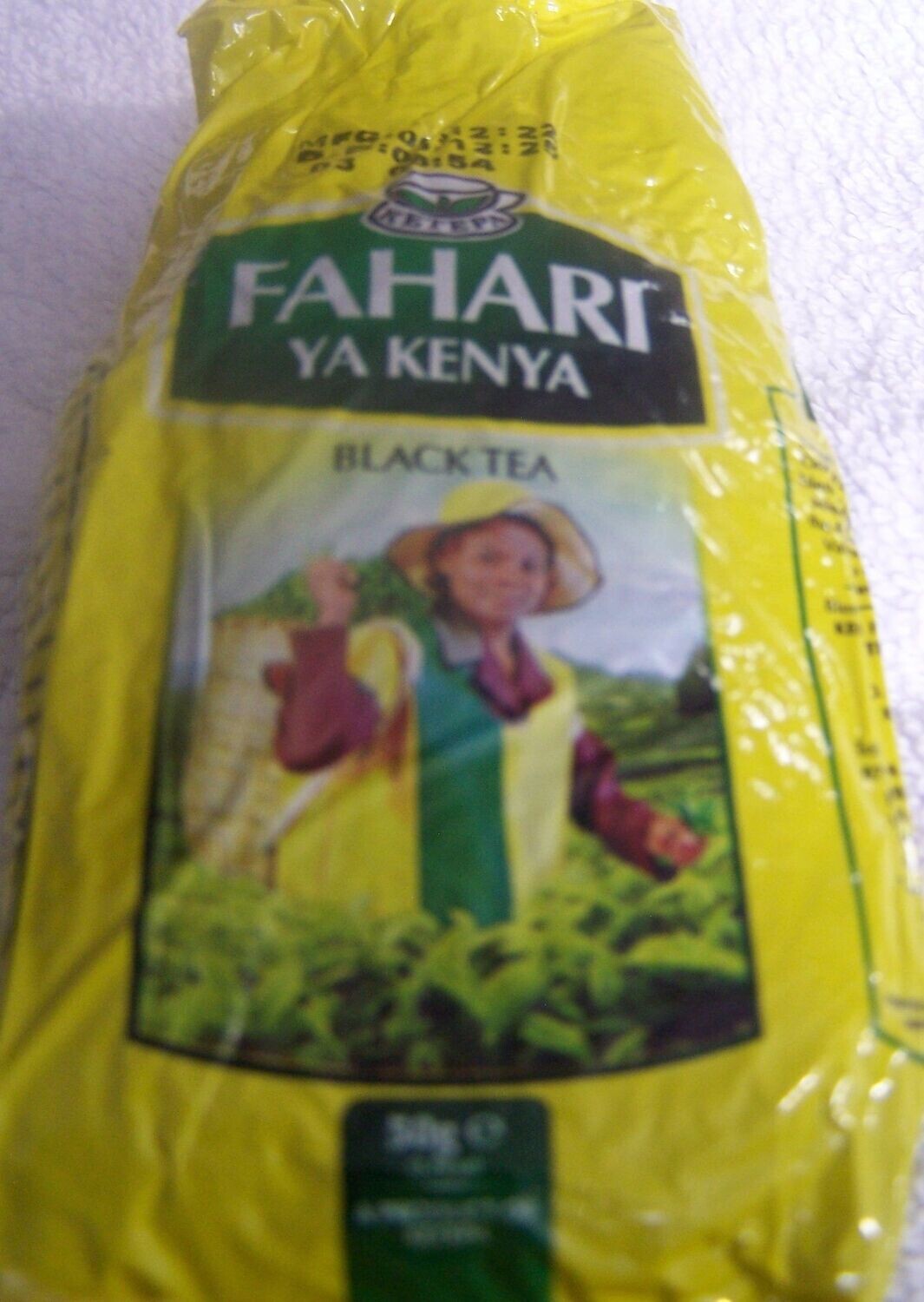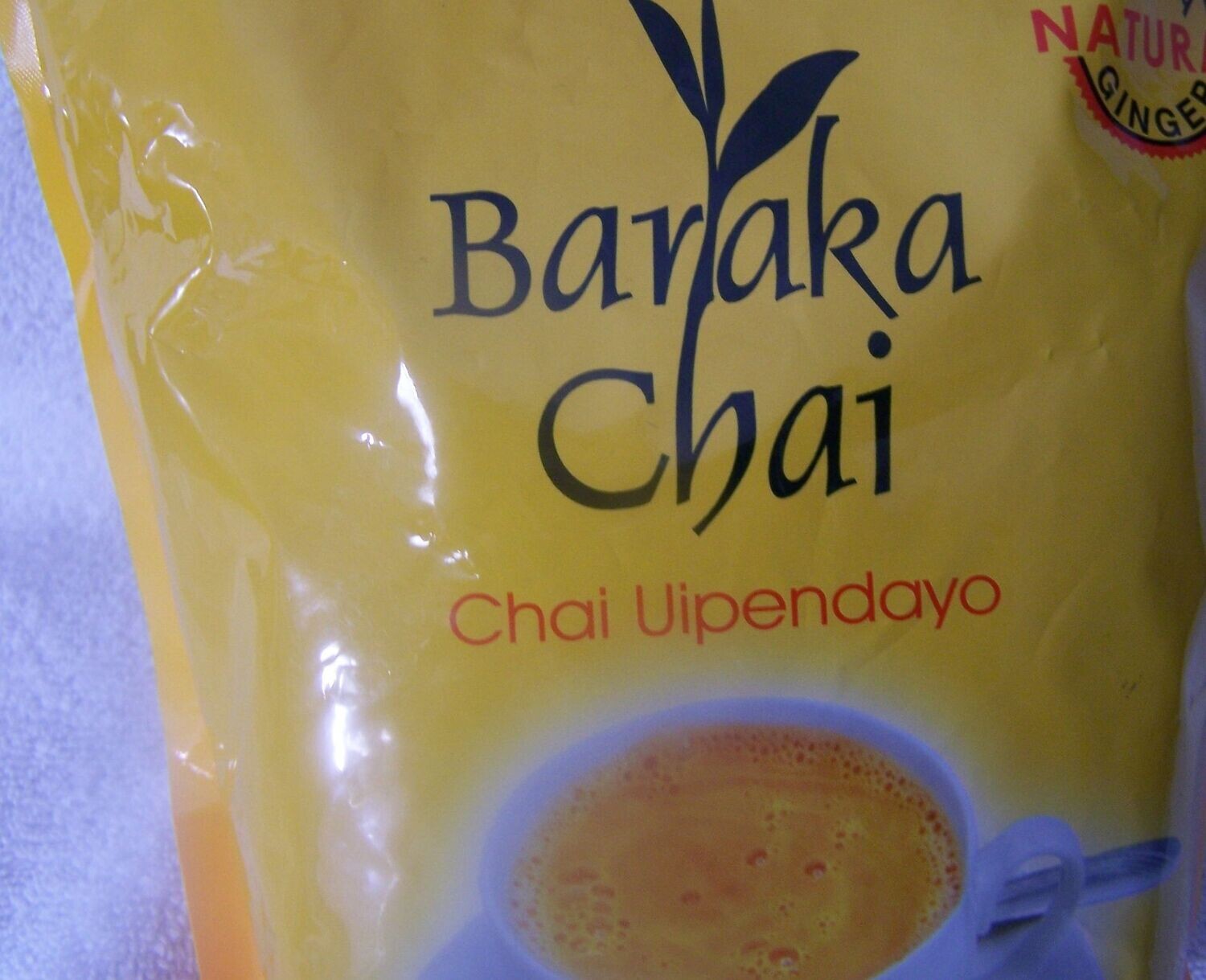call us : (603) 521-7180
-
Tenzi za Rohoni
Button -
The Lions Children's Bible
Button -
Uvoro Mwaro Kuri Andu Onthe: Embu Bible
Button -
Mitha Mugikuyu na Nyimbo Ciake
Button -
Biblia: Swahili Bible
Button -
Pipilia: Pokoot Bible
Button -
Iuku Ria Murungu: Meru Bible
Button -
Ibuku Ria Thara
Button -
Ibuku Ria Mahoya
Button -
Nyimbo Njeru cia Mitha Mugikuyu
Button -
Nyimbo Cia Kuguna Maroho
Button -
Nyimbo Standard
Button -
Nyimbo Cia Guchanjamura Ngoro
Button -
Sifuni Bwana
Button -
Mbivilia: Kaamba Bible
Button -
Wende Injili
Button -
Biblia Sinyati: Maasai Bible
Button -
Fahari ya Kenya - Black Tea
Button -
Eden Tea: The Finest Garden Tea
Button -
Melvins Pure Kenya Chai: Black Tea
Button -
Nyimbo za Injili
Button -
A Standard English Swahili Dictionary
Button -
A Standard Swahili English Dictionary
Button -
Sehemu za Biblia Kwa watoto
Button -
Swahili English Bible: New Testament
Button -
50g Dormans Supreme Granulated Instant Coffee
Button -
50g Kenya Highlands Pure Instant Coffee
Button -
50g Sasini Instant Coffee
Button
Categories
Categories
Kiswahili Language, Customs and Traditions
Swahili, also known by its local name Kiswahili , is the native language of the Swahili people , who are found primarily in Kenya , Tanzania and Mozambique (along the East African coast and adjacent litoral islands). [5] It is a Bantu language , though Swahili has borrowed a number of words from foreign languages, particularly Arabic and Persian , but also words from Portuguese , English and German. Around forty percent of Swahili vocabulary consists of Arabic loanwords, [6] including the name of the language (سَوَاحِلي sawāḥilī , a plural adjectival form of an Arabic word meaning 'of the coast'). The loanwords date from the era of contact between Arab slave traders and the Bantu inhabitants of the east coast of Africa, which was also the time period when Swahili emerged as a lingua franca in the region. [7] The number of Swahili speakers, be they native or second-language speakers, is estimated to be around 80 million. [8] [9]
Due to concerted efforts by the government of Tanzania , Swahili is one of three official languages (the others being English and French) of the East African Community (EAC) countries, namely Burundi , Democratic Republic of Congo , Kenya , Rwanda , South Sudan , Tanzania , and Uganda. It is a lingua franca of other areas in the African Great Lakes region and East and Southern Africa , including some parts of the Democratic Republic of the Congo (DRC), Malawi , Mozambique , the southern tip of Somalia , and Zambia. [10] [11] [12] Swahili is also one of the working languages of the African Union and of the Southern African Development Community. The East African Community created an institution called the East African Kiswahili Commission (EAKC) which began operations in 2015. The institution currently serves as the leading body for promoting the language in the East African region , as well as for coordinating its development and usage for regional integration and sustainable development. [13] In recent years South Africa , [14] Botswana , [15] Namibia , [16] Ethiopia , [17] and South Sudan [18] have begun offering Swahili as a subject in schools or have developed plans to do so.
Shikomor (or Comorian ), an official language in Comoros and also spoken in Mayotte ( Shimaore ), is closely related to Swahili and is sometimes considered a dialect of Swahili, although other authorities consider it a distinct language. [19] [20] In 2022, based on Swahili's growth as a prominent international language, the United Nations declared Swahili Language Day as 7 July to commemorate the date that Julius Nyerere adopted Swahili as a unifying language for African independence struggles. [21]
The name Swahili is derived from the Arabic word Sawahil, meaning "coastal dwellers".
Kiswahili a mix of Bantu and Arabs languages. Upon visiting Kilwa in 1331, the great Berber explorer Ibn Battuta was impressed by the substantial beauty that he encountered there. He describes its inhabitants as "Zanj, jet-black in colour, and with tattoo marks on their faces", and notes that "Kilwa is a very fine and substantially built town, and all its buildings are of wood" (his description of Mombasa was essentially the same).
Featured Products
Search here
Your Cart Content
-
Melvins Masala Chai 250g
SKU 6161102040753$19.95Buy Now -
Melvins Tangawizi Chai 250g
SKU 6161102040210$34.95Buy Now -
Melvins Pure Kenya Chai - Black Tea 250g
SKU 6161102040883$14.95Buy Now -
Eden Tea - The Finest Garden Tea 500g
SKU 6161102750003$39.95Buy Now -
Eden Tea - The Finest Garden Tea 250g
SKU 6161102750027$19.95Buy Now -
FAHARI YA KENYA - BLACK TEA 250g
SKU 600-962-97-200-03$12.45Buy Now -
FAHARI YA KENYA - BLACK TEA 500G
SKU 6009629720003$24.95Buy Now -
FAHARI YA KENYA - BLACK TEA 100g
SKU 6009629720065$9.95Buy Now -
FAHARI YA KENYA - BLACK TEA 50g
SKU 6009629720072$7.95Buy Now -
FAHARI YA KENYA - MASALA TEA 250g
SKU 6161100931305$19.95Buy Now -
FAHARI YA KENYA - MASALA TEA 100g
SKU 6161100931299$12.95Buy Now -
FAHARI YA KENYA - TANGAWIZI TEA 100g
SKU 61611009303384$12.95Buy Now -
Melvins Pure Kenya Chai - Black Tea Plus Free Tangawizi Sample 500g
SKU 6161102041156$29.95Buy Now -
Sasini Gold Tea 500g
SKU 6164000767128$39.95Buy Now -
Baraka Chai Tangawizi (Ginger Tea) 500g
SKU 6161101860369$29.95Buy Now -
KETEPA PRIDE BLACK TEA; KENYA'S FINEST TEA BAGS 100 TEA BAGS
SKU 6009629720164$14.95Buy Now -
Kericho Gold Pure Kenya Tea 100 Refreshing Tea Bags
SKU 6161101860079$14.95Buy Now -
Baraka Chai Tangawizi (Ginger Tea) 100g
SKU 6161101860383$7.95Buy Now








































































